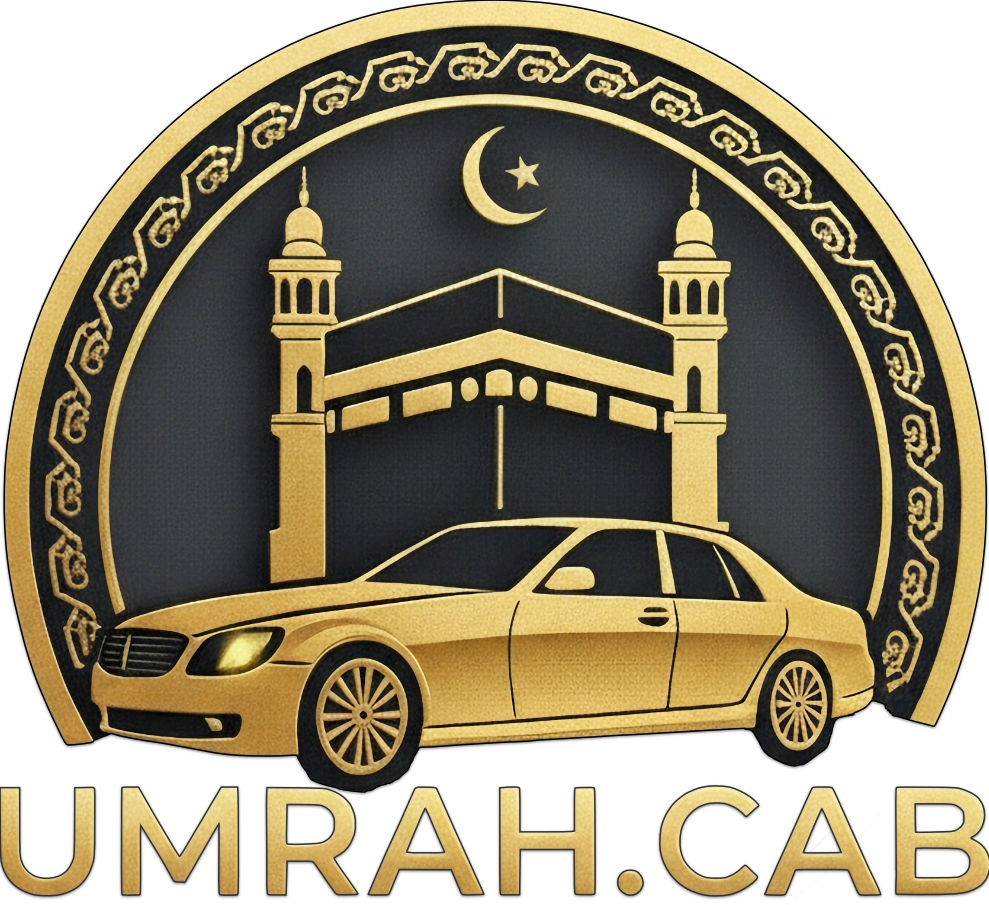A Pilgrim’s Guide to Umrah
Embarking on Umrah is one of the most profound spiritual journeys a Muslim can undertake. It is a beautiful act of worship, a demonstration of devotion to Allah (SWT), and an opportunity for spiritual renewal and the forgiveness of sins. This guide provides a comprehensive overview of the rituals, logistics, and spiritual significance of performing Umrah.
Understanding Umrah
Umrah is often referred to as the “minor pilgrimage.” While both Hajj and Umrah are sacred journeys to Makkah, there are key differences:
- Obligation: Hajj is one of the Five Pillars of Islam, obligatory once in a lifetime for every Muslim who is physically and financially capable. Umrah is a highly recommended Sunnah (a practice of the Prophet Muhammad PBUH).
- Timing: Hajj must be performed during specific days of the Islamic month of Dhul Hijjah. Umrah can be performed at any time of the year.
- Rituals: Hajj involves more extensive rituals (Mina, Arafat, Muzdalifah). Umrah is shorter and simpler.
The Spiritual Significance
The primary goal of Umrah is to purify the soul and strengthen one’s connection (Taqwa) with the Creator.
The Prophet Muhammad (PBUH) said: “(The performance of) Umrah is an expiation for the sins committed (between it and the previous one). And the reward of Hajj Mabrur (the one accepted by Allah) is nothing except Paradise.” (Sahih al-Bukhari)
The Four Pillars of Umrah
Umrah consists of four essential rituals. These must be completed in the correct sequence.
- Ihram: The sacred state one enters before starting the pilgrimage.
- Tawaf: The circumambulation (circling) of the Holy Kaaba.
- Sa’ee: The brisk walk between the hills of Safa and Marwah.
- Halq or Taqsir: Shaving the head (Halq) or trimming the hair (Taqsir).
Step-by-Step Guide to Performing Umrah
Here is a detailed breakdown of the journey:
1. Ihram (The State of Sanctity)
Ihram is not just clothing; it is a spiritual state of purity.
- Preparation: Perform Ghusl (a full ritual bath).
-
Attire:
- Men: Wear two pieces of unstitched white cloth (the Izar and Rida).
- Women: Wear any modest, loose-fitting Islamic clothing that covers the body and hair. The face and hands must remain uncovered (Niqabs and gloves are prohibited in Ihram).
- The Meeqat: You must enter the state of Ihram before crossing designated boundaries known as the Meeqat. (If flying internationally, this is usually done just before the flight or during transit).
- Niyyah (Intention): Make the intention to perform Umrah.
- Talbiyah: Begin reciting the Talbiyah frequently: “Labbayk Allahumma Labbayk…” (Here I am, O Allah, here I am…)
- Restrictions of Ihram: Once in Ihram, certain actions are forbidden, including using perfume/scented soaps, cutting hair or nails, hunting animals, engaging in marital relations, and for men, covering the head or wearing stitched clothing.
2. Tawaf (Circumambulation of the Kaaba)
Upon entering Masjid Al-Haram in Makkah:
- The Ritual: Perform seven circuits around the Kaaba, starting and ending at the Hajar al-Aswad (the Black Stone), keeping the Kaaba to your left.
- Prayer: During Tawaf, engage intensely in Dua (supplication) and Dhikr (remembrance of Allah).
- Post-Tawaf: After completing the seven circuits, offer two Rakat of prayer, preferably behind the Maqam Ibrahim (Station of Abraham).
- Zamzam: Drink the blessed Zamzam water.
3. Sa’ee (The Walk between Safa and Marwah)
- The Ritual: Walk briskly for seven laps between the hills of Safa and Marwah. Start at Safa and end at Marwah.
- Significance: This commemorates the desperate search for water by Hajar (RA), the wife of Prophet Ibrahim (AS), for her infant son Ismail (AS).
4. Halq or Taqsir (Cutting the Hair)
The final ritual concludes the Umrah and lifts the restrictions of Ihram.
- Men: It is preferred to shave the head completely (Halq), though trimming it evenly (Taqsir) is also acceptable.
- Women: Trim a small portion (about a fingertip length) from the end of the hair.
Spiritual Highlights of the Journey
Beyond the rituals, these moments often define the Umrah experience:
- The First Sight of the Kaaba: An overwhelmingly emotional moment where Duas are said to be readily accepted.
- Praying in Masjid Al-Haram: The reward for a prayer in the Grand Mosque is multiplied 100,000 times.
- Visiting Madinah: Most pilgrims visit the Radiant City to pray in Masjid Nabawi.
- The Rawdah: Praying in the area within Masjid Nabawi considered a garden of Paradise (appointments required via the Nusuk app).
- Ziyarat: Visiting historical sites in Makkah (Cave of Hira, Arafat) and Madinah (Mount Uhud, Masjid Quba).
Planning Your Umrah: Logistics and Costs (As of Late 2025)
Duration
- The Rituals: The actual process of performing Umrah typically takes between 3 to 6 hours.
- The Trip: Most international pilgrims book packages ranging from 7 days to 15 days, allowing time for Umrah, rest, and visiting Madinah.
Best Time to Visit
- Peak Virtue: Ramadan is the most virtuous time, but also the most crowded and expensive.
- Pleasant Weather: November to March generally offer the most pleasant weather.
- Off-Peak: Summer months are extremely hot but usually the least expensive.
Visa and Regulations (IMPORTANT 2025 Update)
Saudi Arabia has streamlined the visa process (Umrah Visa, Tourist eVisa). However, regulations regarding bookings are strict.
- Nusuk Platform: The official Nusuk platform is used to manage pilgrimage bookings and appointments.
- Mandatory Pre-Booking: As of 2025 regulations, pilgrims must have confirmed, licensed transportation and accommodation bookings before the visa application is finalized.
Estimated Costs (From Pakistan Context)
Disclaimer: These are general estimates in Pakistani Rupees (PKR) for a standard 14-day package as of late 2025. Prices fluctuate.
Economy Package
3-Star/Shared hotels further from the Haram, often requiring shuttle service.
Mid-Range Package
4-Star hotels within a reasonable walking distance to the Haram.
Luxury Package
5-Star hotels in the Clock Tower complex or directly facing the Haram.
What to Pack: Essential Items Checklist
Documents & Health:
Clothing & Attire:
Worship Essentials:
Miscellaneous:
Your Journey Awaits
Umrah is an invitation from Allah (SWT). It is a journey of the heart, body, and soul. Prepare diligently, maintain patience (Sabr), and focus entirely on your worship.
Let Umrah.cab Handle the Logistics
To comply with the new regulations and ensure a seamless journey, reliable transportation is essential. Focus on your Ibadah (worship), and let Umrah.cab ensure your travel within Saudi Arabia is comfortable, safe, and licensed.
We provide:



